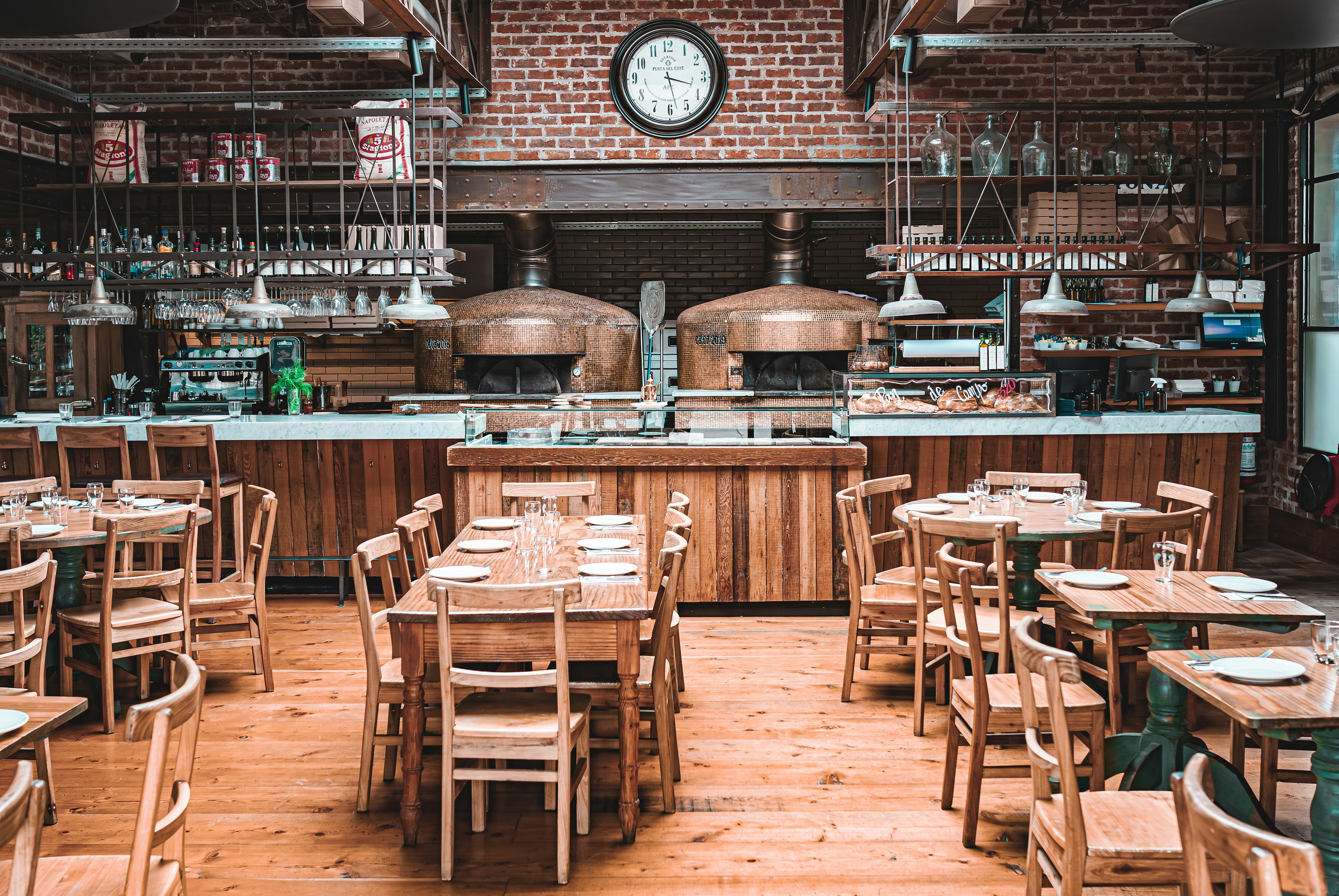Navigating Tariff Costs in the Restaurant Industry: Strategies for Success
Explore expert advice on how restaurants can overcome challenges posed by tariffs and manage supply costs effectively.

Photo by Sergio Arteaga on Unsplash

Photo by Sergio Arteaga on Unsplash
Understanding the Impact of Tariffs on Restaurant Businesses
The imposition of tariffs, particularly the recent escalations by the Trump administration, has introduced significant challenges for restaurants, affecting the costs of essential items, ingredients, appliances, and equipment. Chinese imports, subject to 125% duties, play a crucial role in the restaurant supply chain, posing a threat to staple ingredients like Stevia, spices, and garlic. Additionally, tariffs extend to various other products, ranging from food items like olive oil and sugar to kitchen essentials like ovens and beverage packaging.

Photo by Sergio Arteaga on Unsplash
Strategies to Mitigate Tariff-Induced Financial Pressures
Experts advise restaurant owners to adopt a proactive and flexible approach to navigate the challenges posed by tariffs effectively. One key strategy is to prioritize reliability by retaining valuable employees, trusted suppliers, and quality ingredients despite cost pressures. Restaurants should also explore diversifying or changing suppliers, considering domestic sources for imports, or stocking up on critical items to cushion against price fluctuations.
Operational Adjustments and Menu Innovation
To offset the increased supply costs resulting from tariffs, restaurants can focus on operational efficiency. This includes leveraging tools like AI-powered supply chain management, implementing faster payment processing solutions, and maximizing control over controllable aspects of the business. Menu innovation, sourcing locally, and renegotiating contracts can help mitigate the financial impact of tariffs without compromising on quality or customer satisfaction.
The Role of Resilience and Adaptability in Overcoming Tariff Challenges
Successful restaurateurs emphasize the importance of resilience and adaptability in facing tariff-related hurdles. By learning from past crises, simplifying operations, and exploring alternative ingredients, restaurants can proactively address cost increases and ensure long-term sustainability. Retaining a talented and reliable workforce, brainstorming innovative solutions, and maintaining open communication with suppliers are key elements of a successful tariff mitigation strategy.
